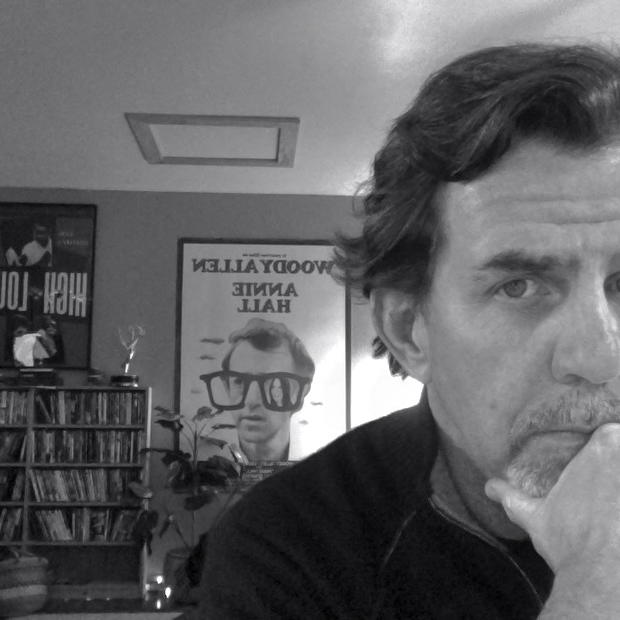
Art Zone with Nancy Guppy
Nancy Guppy has the kind of job some people would do for free (let’s hope she doesn’t). As host of the Seattle Channel’s Art Zone, the irrepressible Guppy dips into the fertile ponds of the Northwest arts scene, interviewing artists, dancers, musicians, creative directors, you name it. A typical half-hour program might include an intimate piece on the young singer-songwriter Naomi Wachira; a profile of Spectrum Dance Theater’s Jade Solomon Curtis; an interview with John Gilbreath, grand poobah of the Earshot Jazz Festival; a portrait of Hedgebrook, the women writers’ retreat on Whidbey Island; an in-studio performance by legendary local music group, the Fastbacks. Guppy keeps her camera crew on their toes, zig-zagging from one interview to the next. There is plenty of talking, but a refreshing absence of actual talking heads. When you’ve got b-roll this good, you let the pictures tell the story.
A Short History of the Highrise
The New York Times continues its determined courtship with multimedia in this striking short film. Told in a storybook style, animated with pop-ups compiled from their archives of drawings and photos, and set to a cinematic music score, this four-part experiment is meant to be interactive. Viewers are invited to click through the timeline to learn more, but my attempts at this resulted in some frustrating stalls and glitches. When it works, however, the film’s dense three-dimensional architecture mirrors the ambitious sweep of its storytelling. Broken into four chapters — Mud, Concrete, Glass, Home — the piece works best as a thoughtful and demanding educational aid for kids. Narrated in rhyme by hipster artists like the Canadian singer-songwriter Feist, the first three chapters are almost too laden with distractions. But click ahead to the final chapter, a photo montage of lives lived in highrises all over the world. Accompanied by the sonorous strains of neo-rocker, Patrick Watson, the pictures affirm the emotional power of the places we call home. (Sorry. No embed. You'll have to visit The New Uork Times site to enjoy this one.)
Kevin Spacey talks TV
The House of Cards star makes an impassioned plea for more stories in this address he gave at the Edinburgh Television Festival. In his talk, a condensed version of a longer lecture he gave on the new paradigm in television and movie-watching, Spacey riffs about a world where viewers are in complete control of their own consumption. Binge-watching Breaking Bad and Spacey’s own executive produced House of Cards is, he says, the new future and a way to ensure that more young people gravitate toward well-told stories. They want it, we need to give it to them, he declares, while trashing the tyranny of the pilot. Like similar hybrid and self-publishing models in independent film, writing and music, DIY production and distribution is the next step for television. Today's gatekeepers might want to consider a career change.
Bill Maher on Hate Tweets
Look what instant access has done for the business of hate. In the future, Twitter will probably find a way to tie-in directly to our amygdala, the center of the brain's emotional network, and the place from which rage impulsively spews forth. Bill Maher offers one of his typically searing comic surveys on how tweets have encouraged the uncensored wrath of cretins hating on the likes of Betty White, Jonah Hill, Zach Braff and, for crying out loud, The Cheesecake Factory (“Fuck you Cheesecake Factory”). He imagines how tweets would have sounded during Lincoln’s time (“I hope you go to a theater and die!”), before unpacking the origins of all this odium. It oozes from all those poor people who used to think they were middle class, he theorizes, back when “they believed in that Ponzi scheme known as the American Dream.” Maybe, but hate-tweeter extraordinaire, Donald Trump, recently called MSNBC’s black host, Touré, a “racist moron”, strong evidence that hate is a specialty of the stupid not the strapped. (See video on next page.)
For more nuggets from the Digital Prospector, go here.
Kevin Spacey photo by Melinda Sue Gordon.

